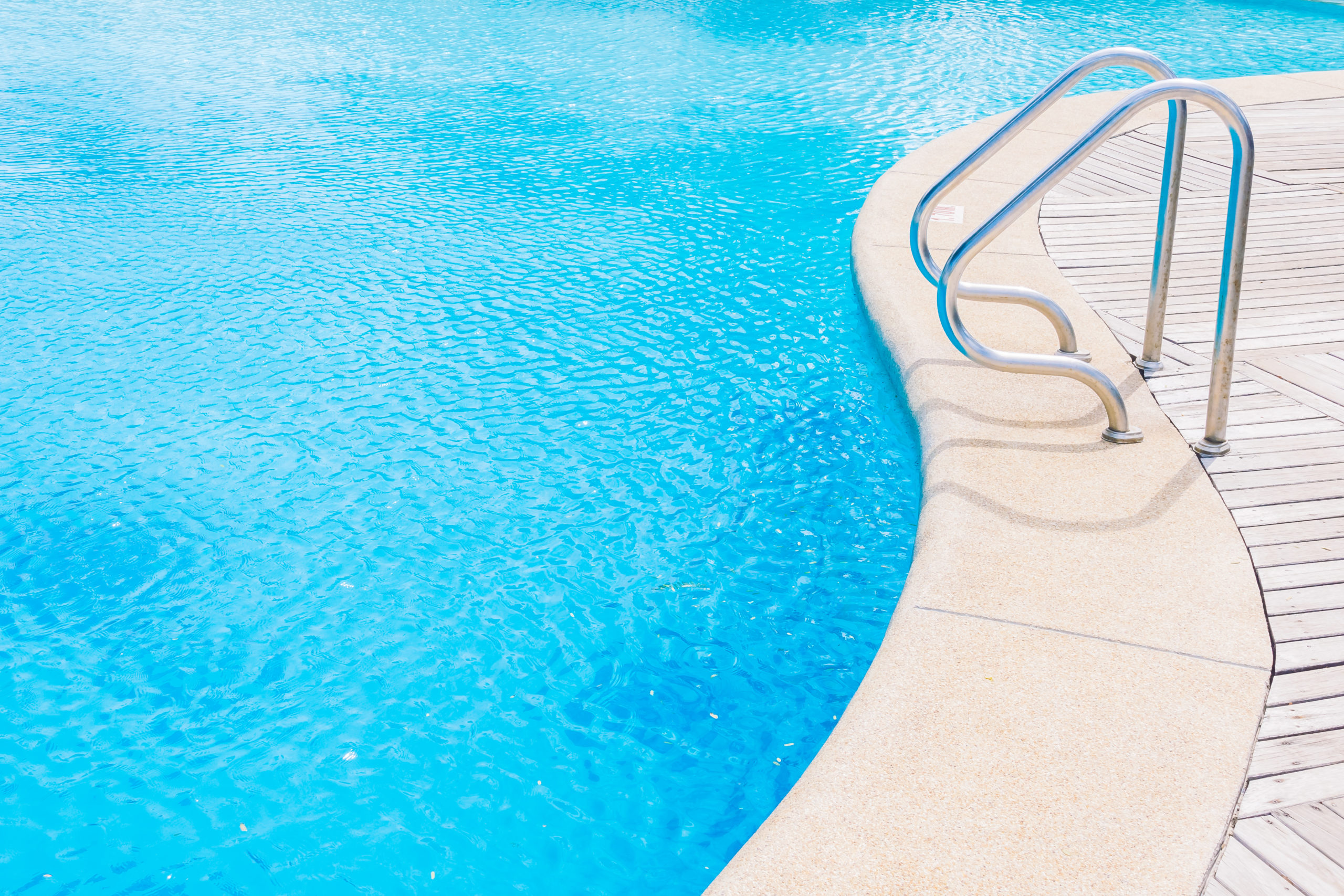1. Concrete pools are the most popular type but can be expensive and difficult to maintain.
Although concrete pools are the most popular type, they can be expensive and difficult to maintain. The initial cost of a concrete pool is usually higher than that of other types of pools, such as fiberglass or vinyl. In addition, concrete pools require regular cleaning and resurfacing, which can add to the cost over time. Despite these disadvantages, concrete pools have several advantages. They are highly durable and can be customized into any shape or size.
In addition, concrete pools tend to retain heat better than other types of pools, making them a good choice for colder climates. Concrete pools have pros and cons but remain popular for many homeowners.

2. Vinyl liner pools are less expensive, but the liners must be replaced every few years.
There are a few different types of swimming pools, each with advantages and disadvantages. One type of pool is the vinyl liner pool. These pools are less expensive to install than other types, but the liners must be replaced every few years. This can add up over time but is usually cheaper than replacing an entire pool.
Another type of pool is the concrete pool. These pools are more expensive to install but last longer and require less maintenance. In general, they are a better investment than vinyl-lined pools. However, they may not be an option for everyone due to the high initial cost. Ultimately, the best type of pool for you will depend on your budget and needs.
3. Fiberglass pools are durable and easy to maintain but can be more expensive than other pools.
When choosing a pool, there are a variety of factors to consider. Cost, maintenance, and durability are all important considerations. Fiberglass pools are often more expensive than other types but offer several advantages. Fiberglass pools are incredibly durable, and they resist staining and fading.
They are also easy to maintain, as they don’t require the same chemicals as other types of pools. As a result, fiberglass pools provide a low-maintenance option that can last for years.
4. Gunite pools are made of concrete and steel mesh, making them one of the most vital types of pools.
Gunite pools are made from a mixture of concrete and steel mesh. The concrete is sprayed onto the steel mesh, and the two materials can cure together. The resulting pool is solid, durable, and can withstand even the most severe weather conditions. Gunite pools are also highly customizable and can be designed to meet each customer’s specific needs. In addition, gunite pools require very little maintenance, making them an excellent choice for busy families. Gunite pools are a perfect choice for a durable and low-maintenance pool.
5. If you’re unsure what type of pool is best for you, consult a professional before making a decision.
When choosing the right type of pool for your home, there are many factors to consider. Above ground or inground? Saltwater or chlorine? Depending on your budget, property size, and family’s needs, one type of pool may be a better fit than another. This is why it’s essential to consult with a professional before deciding.
A qualified pool contractor can assess your needs and recommend the best type of pool for your situation. They can also provide information on the maintenance requirements and running costs of different collections, so you can make an informed decision that will suit your lifestyle and your budget.




